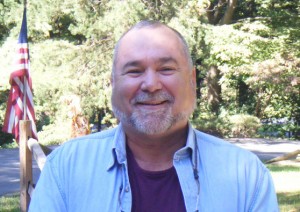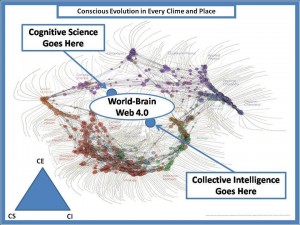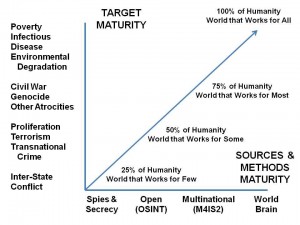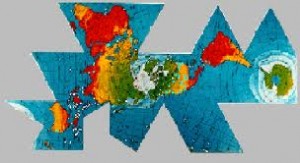
Integrity is becoming part of the global agenda. I especially recommend Christian Arnsperger and Mark Whitaker for interesting takes on this.
Toward a Bioregional State (Online Summary)
Whitaker argues that the basis of environmental degradation is not capitalism or market relations. Environmental degradation is supremely caused by unrepresentative state elite decisions and how they manipulate markets to serve particular consolidated materials, so solutions should focus on additional formal checks and balances against these informal ‘ecological tyrannies', via more green constitutional engineering.
Six Framework Conditions for Global Systemic Change
“The main framework conditions that I believe would be needed for a genuine transition to a sustainable pluri-economy to get off the ground:
- De-growth and an Economic Kyoto Protocol [1]
- Fostering New Governance through the Creation of a World Transition Organization [2]
- Fostering New Governance through Participatory Coordination and Communalism [3]
- Introducing an Economic Transition Income [4]
- Deepening Economic Democracy and Encouraging New Forms of Entrepreneurship [5]
- Re-thinking Money Creation and Fostering a new Ecology of Currencies [6]
(http://eco-transitions.blogspot.com/2011/06/what-transition-part-4-renewing_05.html)








